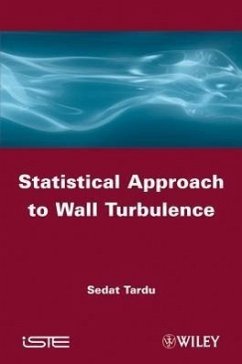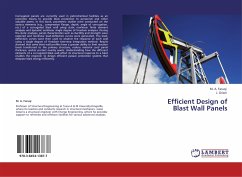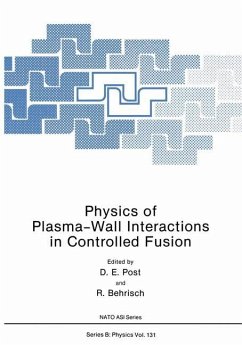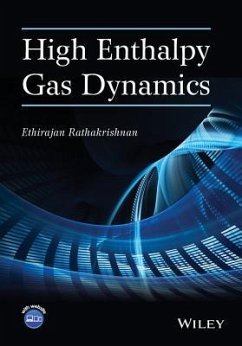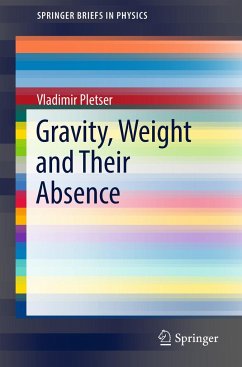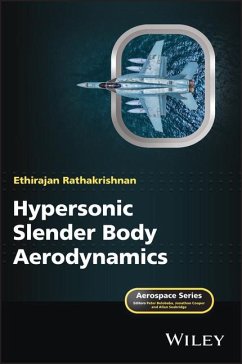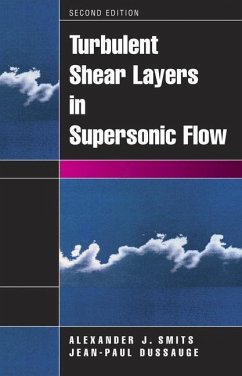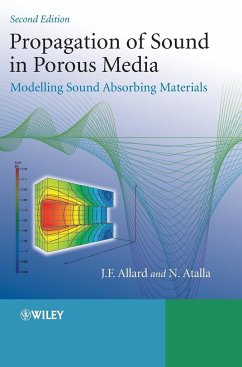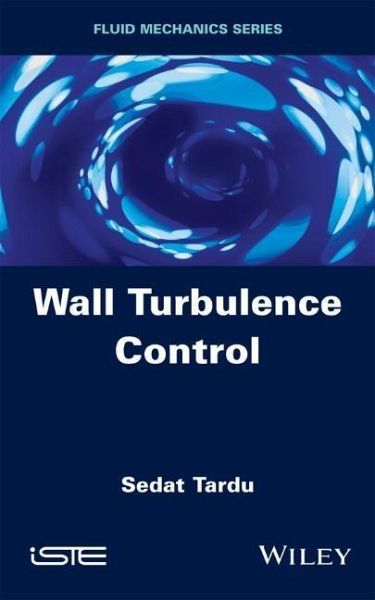
Wall Turbulence Control
Versandkostenfrei!
Versandfertig in über 4 Wochen
158,99 €
inkl. MwSt.
Weitere Ausgaben:

PAYBACK Punkte
79 °P sammeln!
Wall turbulence control is a major subject, the investigation of which involves significant industrial, environmental and fundamental consequences. Wall Turbulence Control addresses recent advances achieved in active and passive wall turbulence control over the past two decades. This valuable reference for scientists, researchers and engineers provides an updated view of the research into this topic, including passive control, optimal and suboptimal control methodology, linear control and control using adaptive methods (neural networks), polymer and bubble injection, electromagnetic control an...
Wall turbulence control is a major subject, the investigation of which involves significant industrial, environmental and fundamental consequences. Wall Turbulence Control addresses recent advances achieved in active and passive wall turbulence control over the past two decades. This valuable reference for scientists, researchers and engineers provides an updated view of the research into this topic, including passive control, optimal and suboptimal control methodology, linear control and control using adaptive methods (neural networks), polymer and bubble injection, electromagnetic control and recent advances in control by plasma.




